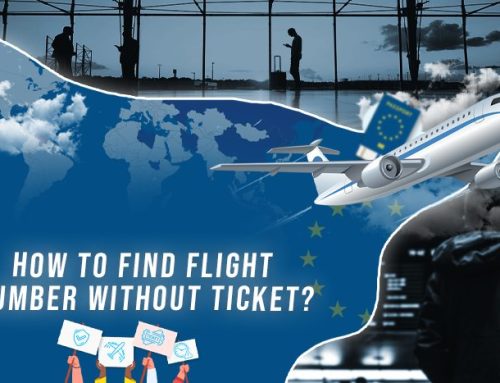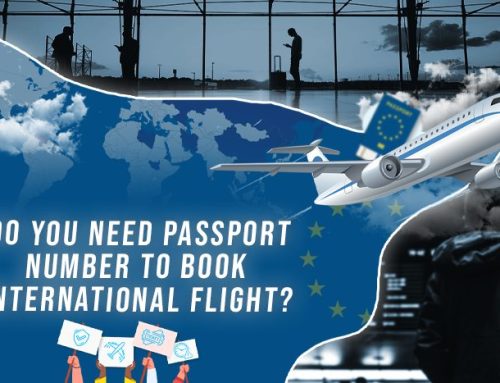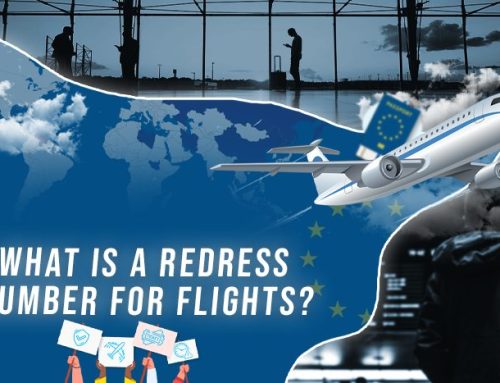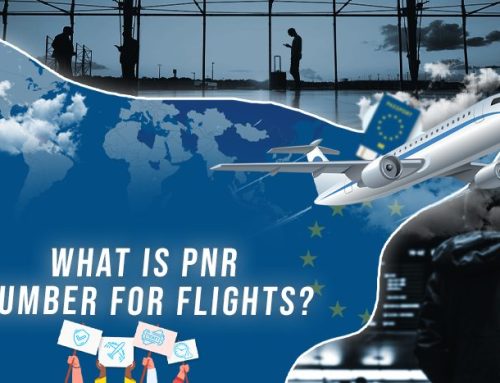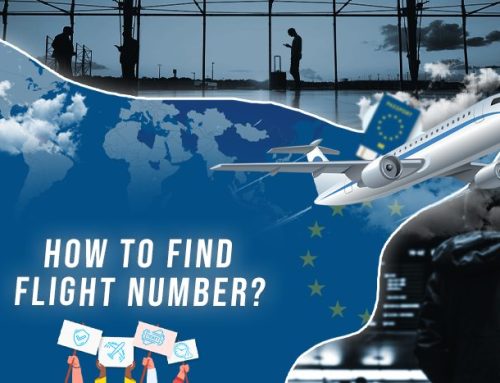If you’re looking to claim compensation under EC 261, you’ll see a little exception that says that airlines are not liable for flight delays or cancellations due to extraordinary circumstances. But what does that mean? Does crew sickness count as extraordinary circumstances? Here’s everything you need to know.
Key Takeaways
- Crew sickness does not qualify as an extraordinary circumstance under EC 261, meaning that airlines are responsible for flight delays or cancellations caused by crew illnesses.
- Passengers have rights under EC 261 for compensation when facing issues within the airline’s control, such as scheduling errors, overbooking, staff strikes, and technical problems.
- The amount of compensation you can receive under EC 261 depends on factors like flight distance, location, and the nature of the issue, ranging from $280 (€250) to $700 (€600).
- Passengers must proactively file a claim with the airline to receive compensation. Be prepared with your reservation information and supporting evidence.
- If your claim is denied or you encounter difficulties, you can seek assistance from flight compensation companies. However, exercise caution and research reputable options.
Crew Sickness and EC 261
You cannot operate a flight with qualified staff, so what if you have a last-minute illness? Does crew sickness qualify as extraordinary circumstances? No, it does not. The airline doesn’t just have one staff member in each role, so they should have others who can step in and fill the role if something happens.
That stood up during the height of the COVID-19 pandemic, and it still stands now as airline traffic becomes more and more popular again. It is the airline’s responsibility to be adequately staffed, and if it’s not, and passengers start to see delays and cancellations, they are liable under EC 261. Each passenger can claim up to $700 (€600), depending on the length of the issue, flight, and where it happened.
What Does Qualify as Extraordinary Circumstances?
Just because crew sickness doesn’t qualify as extraordinary circumstances doesn’t mean that there aren’t other situations that do. Here are some of the most common extraordinary circumstances that could impact your flight.
- Weather conditions that make it unsafe and unsuitable for air travel (tornados, ice storms, hurricanes, heavy snow, natural disasters, etc.)
- Airport strikes (including the airport personnel)
- Air traffic control restrictions (runways shut down, other airport issues)
- Political instability and other security risks
Even a bird hitting a plane can cause serious issues, which could cause a flight to be delayed or cancelled. Things happen, and if they are out of the airline’s control, they are not required to pay out under EC 261.
What is Covered Under EC 261?
Issues that are within the airline’s control are covered due to EC 261. This includes scheduling errors, overbooking, airline staff strikes, flight crew sickness, and technical issues. This list is not exhaustive, and if any occur on your flight, you could receive compensation of up to $700 (€600).
How much depends on the circumstances of your flight.
- Flights 1,500 km or less: $280 (€250)
- Flights more than 1,500 within the EU: $450 (€400)
- Flights between 1,500 and 3,500 km not within the EU: $450 (€400)
- Flights more than 3,500 km: $700 (€600)
You need to file a claim with the airline in order to receive your compensation. They will not automatically credit you for the issue if you do not file a claim.
How Do I File a Claim?
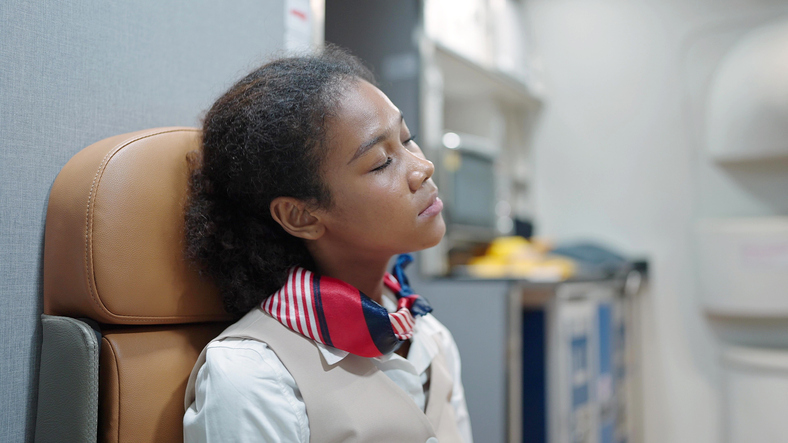
Go to your airline’s customer service page. There should be a form you can submit if you have a problem. If not, you can always call their customer service team. Have your reservation information ready, as well as any information you have to back up your claim that the issue was within the airline’s control.
Once you submit your claim, you need to wait for the airline to process the claim. It could take anywhere between two weeks to a few months. If your claim is denied, you can file again with new documentation or work with a flight compensation company.
They are well-versed in flight compensation law and can help you get the compensation you deserve. They simply take a small fee off the top of your winnings as a fee.
Conclusion
Crew sickness does not count as extraordinary circumstances, and if your flight is delayed or cancelled as a result of it, you are entitled to compensation under EC 261. Depending on the issue, you could receive up to $700 (€600).
Frequently Asked Questions
-
What is EC 261, and how does it protect passenger rights?
EC 261 is a European regulation that protects passengers’ rights in the event of flight delays, cancellations, or denied boarding. It entitles passengers to compensation and assistance in certain situations.
-
Does crew sickness qualify as an extraordinary circumstance under EC 261?
No, crew sickness is not considered an extraordinary circumstance. Airlines are responsible for flight disruptions caused by crew illness.
-
What are some examples of extraordinary circumstances that can lead to flight delays or cancellations?
Extraordinary circumstances include severe weather conditions (like hurricanes or heavy snow), airport strikes, air traffic control restrictions, and political instability. These events are beyond the airline’s control.
-
How much compensation can I receive under EC 261?
Compensation amounts vary based on the flight distance and the nature of the disruption:
Flights up to 1,500 km: $280 (€250)
Flights within the EU over 1,500 km: $450 (€400)
Flights between 1,500 and 3,500 km outside the EU: $450 (€400)
Flights over 3,500 km: $700 (€600)
-
What should I do if my flight is delayed or canceled due to reasons covered by EC 261?
You should file a compensation claim with your airline. Contact their customer service or use the provided online forms, and be sure to have your reservation information and supporting documentation ready.
-
How long does it take to process a compensation claim under EC 261?
The processing time can vary. It may take anywhere from a few weeks to several months for the airline to review and process your claim.
-
What if my compensation claim is denied by the airline?
If your claim is denied, you can resubmit it with additional documentation to support your case. Alternatively, you can seek assistance from a flight compensation company specializing in EC 261 claims.
-
Are there reputable flight compensation companies, and how do I choose one?
Yes, there are reputable companies that can assist with EC 261 claims. When choosing one, research their track record, read reviews, and consider their fee structure. Ensure they are transparent about their fees and success rates.
-
Can I still claim compensation for past flight disruptions, or is there a time limit?
There is typically a time limit for making a claim, often set at two to three years from the date of the disrupted flight. Check with the airline and relevant authorities for specific deadlines.
-
Is EC 261 applicable to all airlines and flights within the European Union?
EC 261 applies to all airlines operating within the European Union, regardless of their country of registration. It also covers flights departing from the EU to other destinations and flights arriving in the EU operated by EU or non-EU airlines.



